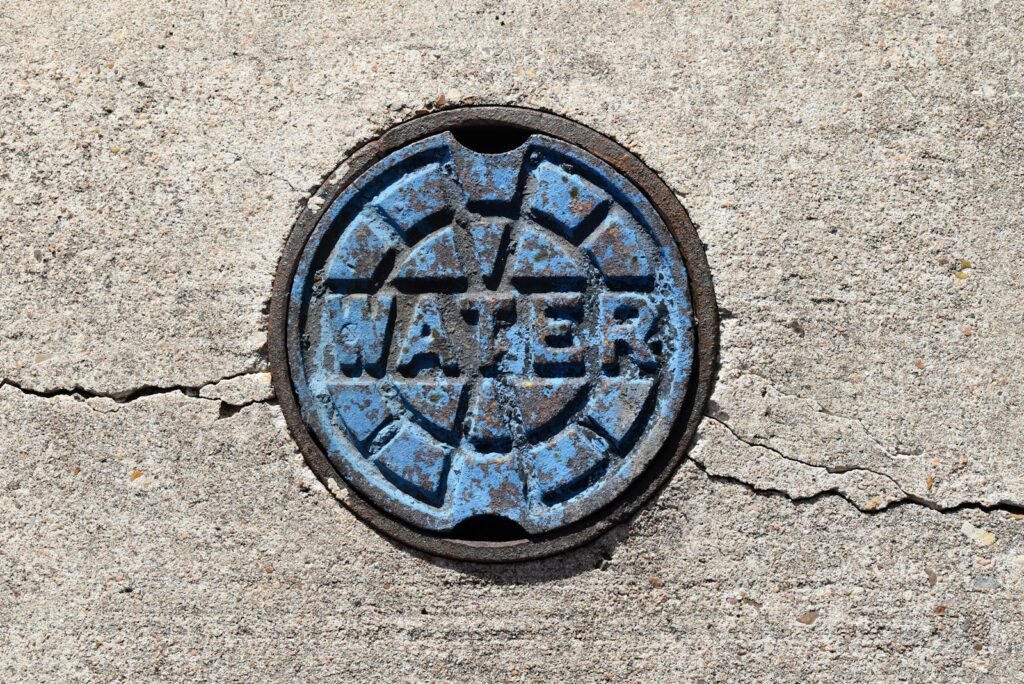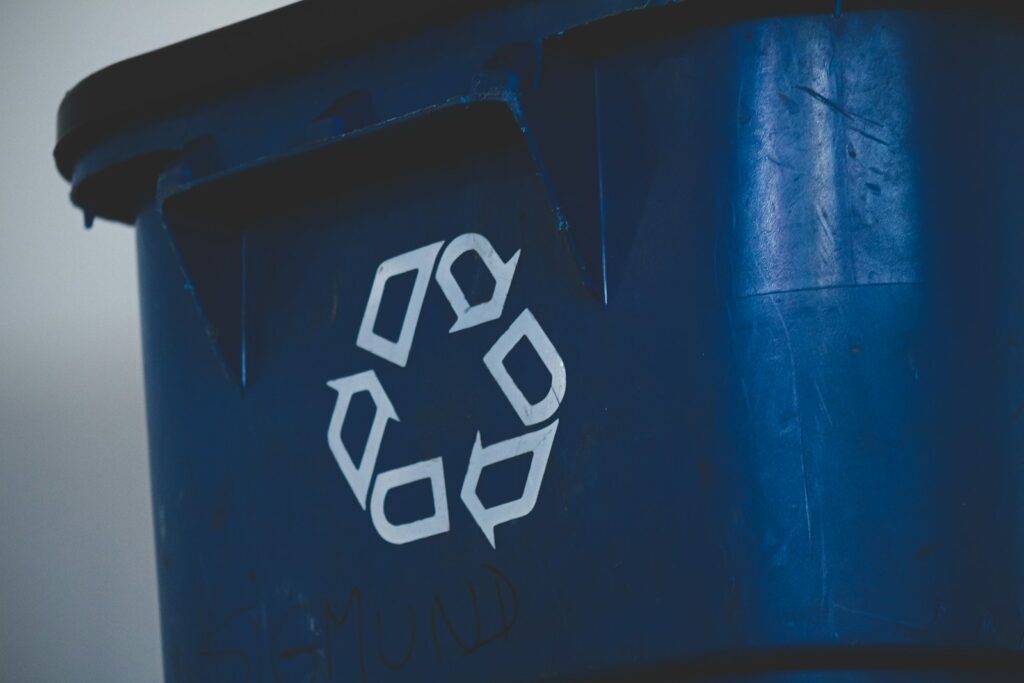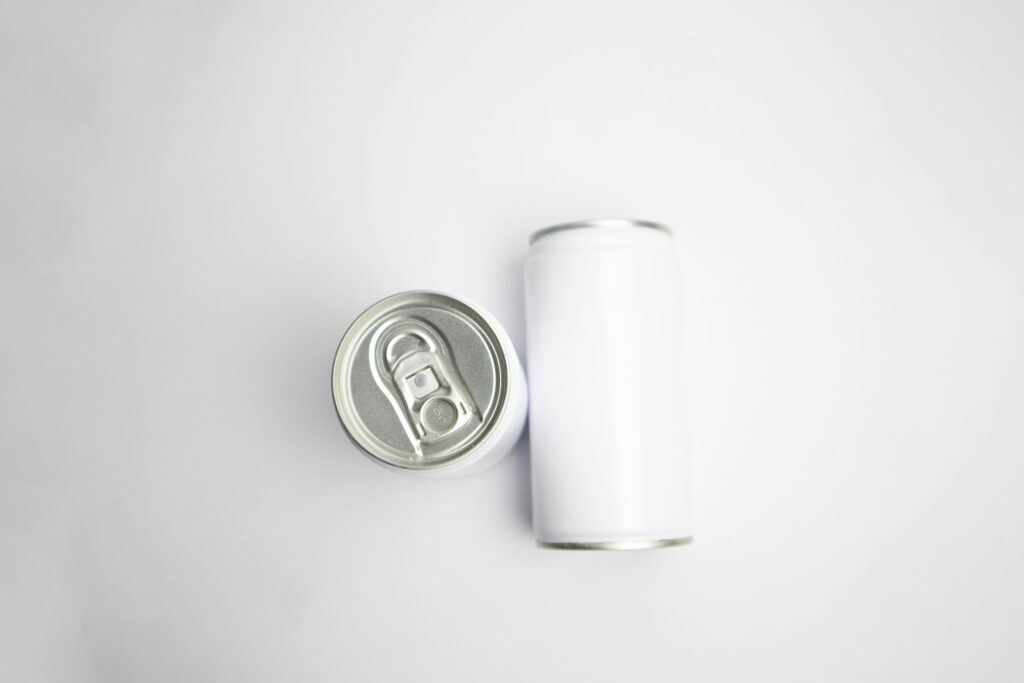The London Assembly has warned the amount of waste being sent to incinerators from the capital has more than doubled over last decade to two million tonnes a year.
In a new report published today, the Assembly’s environment committee called for ‘urgent change’ to stop recyclable and biodegradable being sent to incinerators or energy-from-waste plants.
In particular, it argues that with export restrictions coming into force from China and the possible impact of Brexit, London needs to carefully consider how it will manage the amount of waste it generates.
The report claims many recyclable materials are unnecessarily going to incineration, including materials, such as plastic, that are potentially hazardous to health when burnt.
And it states many energy-from-waste plants do not sort recyclable waste as part of the process, as this is seen as the responsibility of residents, businesses and local authorities.
In addition, it warns that burning waste takes materials out of the circular economy, releases carbon into the atmosphere and may have negative health effects.
Self-sufficiency
But the report also concedes that energy-from-waste also generates electricity, reduces the amount of waste sent to landfill and ‘is here to stay’, at least in the medium term.
The report adds that while London has the energy-from-waste capacity to meet demand, it currently exports approximately over half a million tonnes of waste for incineration a year.
The committee adds the capital needs to become self-sufficient in managing the waste it generates, reducing waste sent incineration as population grows.
It states that authorities in London must begin to limit not only the amount, but also the type of waste it sent for incineration.
‘As London strives to be greener, there are further steps the Mayor should take to manage the environmental impact of energy-from-waste in the short term,’ the report states.
It also states that not all boroughs offer separate food waste collections, so food waste is being burnt, rather than going to environmentally friendly processes, such as anaerobic digestion.
‘We have got to get a grip on the amount of waste being sent to incineration,’ said committee chair, Leonie Cooper.
‘Burning recyclable and organic materials is wasteful and potentially harmful and as London is expected to grow, we urgently need to reduce the amount being sent for incineration and to separate out useful materials.
‘Once these materials are burnt, they are lost forever and can’t be used within a circular economy,’ added Ms Cooper.
‘Incineration can no longer be relied upon to manage our waste effectively. Energy-from-waste does have its benefits in generating heat and power, but, along with exporting waste elsewhere and sending waste to landfill, this should really be an option of last resort.’
Report conclusions ‘baffling’
But the Environmental Services Association (ESA) said it was ‘incredibly disappointing’ the report criticised energy from waste without offering any solutions.
‘Energy from waste has an important role to play as we transition to a circular economy,’ said ESA’s executive director, Jacob Hayler.
‘The increase of the amount of London’s waste sent to energy from waste in the last decade is a success story; this is the waste left over after recycling which would otherwise be sent to landfill. Instead it has been put to a further use to generate low-carbon electricity and heat for homes and businesses in the capital, thereby upholding the principles of the circular economy.
‘We are perplexed how the committee sees energy from waste as a hindrance to recycling, despite the overarching evidence to the contrary. And we are baffled how the report so readily highlights the treatment capacity gap in London while simultaneously criticising energy from waste operators and offering nothing in the way of solutions.’
He added: ‘The mayor and the GLA cannot afford to overlook the importance of energy from waste in a holistic approach to waste management. We hope that the final report going to the mayor next month has some actual policy recommendations grounded in reality and addressing the big challenges London faces.’
Photo by Matt From London
















